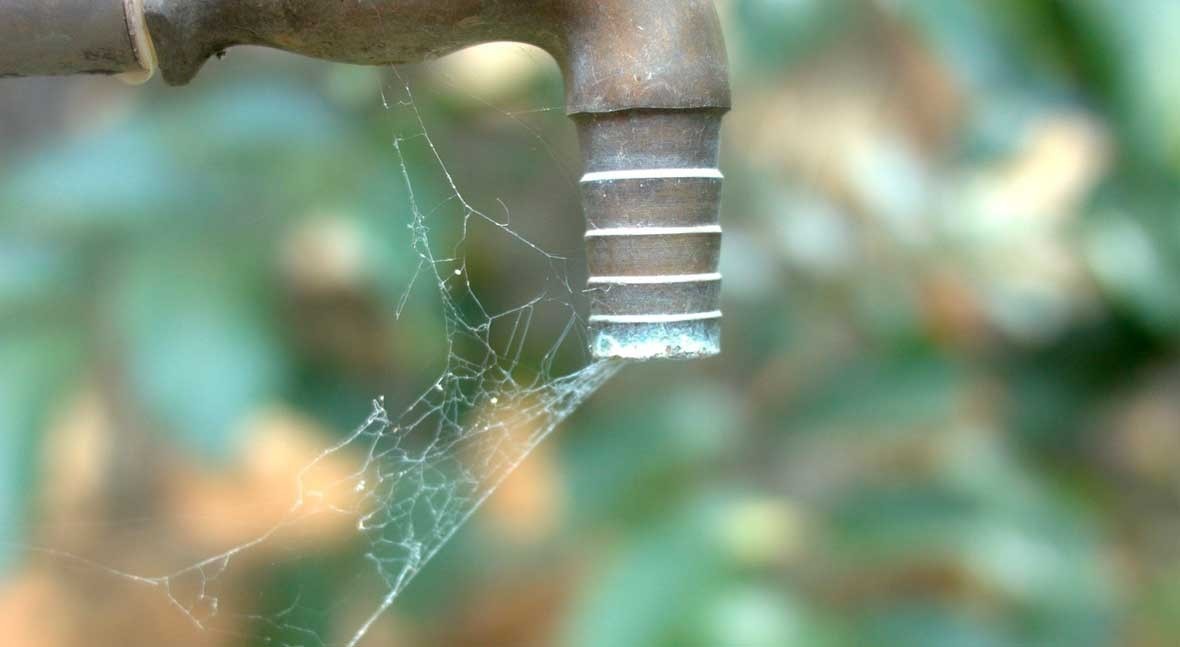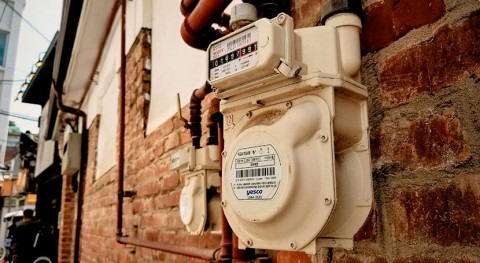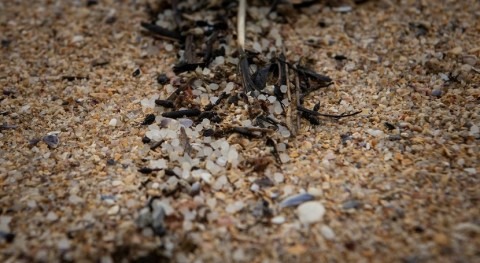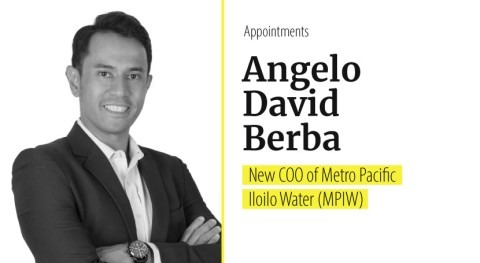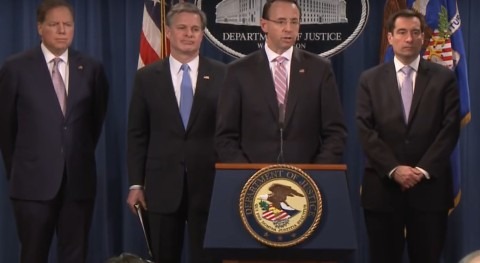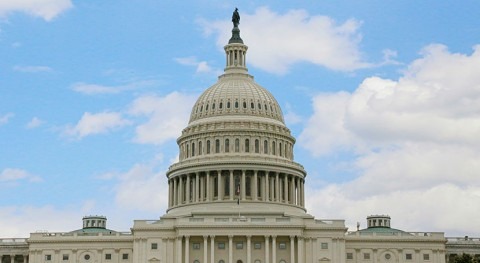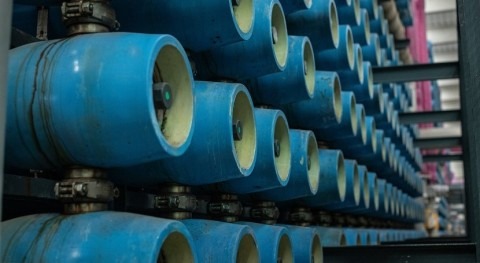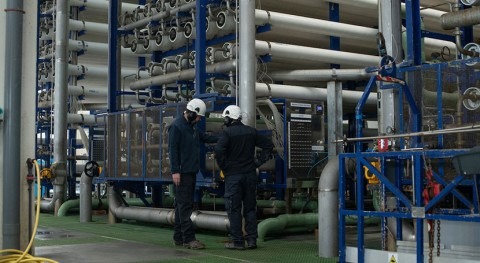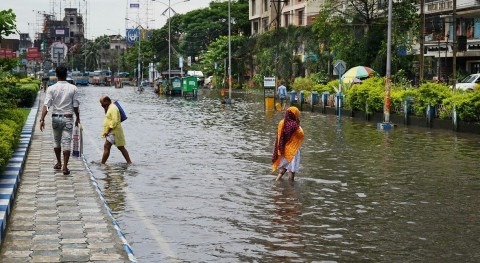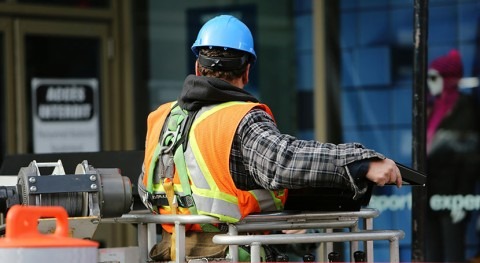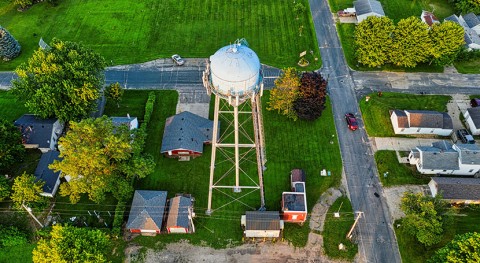Earlier this week participants in the Water 2019 conference hosted by Chatham House, the nearly century-old think tank based in London, discussed the geopolitics of water, recognising the role water plays in the stability of a region, as well as other current water-related topics such as governance and management, technology and innovation and the challenges of urbanisation and agriculture.
‘All the local crises around the world are building up to a global crisis’ warned Torgny Holmgren, Executive Director of the Stockholm International Water Institute. Speakers at the event highlighted the challenge of ensuring access to safe water, as improvements in this front face barriers posed by politics, cultural views and established systems, reported the Thomson Reuters Foundation.
Craig Davies, Head of Climate Resilience Investments at the European Bank for Reconstruction and Development (EBRD) spoke about obstacles in the way to recover the costs of water services: in most areas where the EBRD operates, the price of water is well below its cost, so there is not much money to invest in water treatment and delivery. For instance, in Jordan, one of the most water-scarce countries, increasing the price of water would help financially, but given the country’s situation, which hosts almost 1.5 million refugees from Syria, it makes political sense to keep prices low. The issues are different in other areas: Uzbekistan’s economy depends on cotton, a water intensive crop, but it is difficult to adjust the economy as water becomes scarce. Culture also plays a role, as in some Islamic countries, where water is seen as a gift from God, charging for the provision of water services can be problematic.
In addition, he noted that ‘If you’re not paying a rational price for the water, the incentive is to use the water irrationally’. In this regard, even innovations to help people make a livelihood can have downsides: solar-powered water pumps help farmers in North Africa access irrigation, but also removed the incentives to conserve water that were in place when they had to pay for pump fuel.
Conference speakers also discussed the future of water use as competing water demands grow in the coming years: food demands are expected to rise by 50% globally in 2050, according to FAO estimates, thereby increasing agricultural water requirements, while fast-growing cities will be home to two-thirds of the world population by 2050, also leading to an increase in water demand.
Nevertheless, some innovative ways to protect or increase available water resources were also presented. Gareth Price, a senior researcher for Chatham House, spoke about innovative practices in the state of Gujarat, in India, where farmers are piling up mulch after the harvest so it can retain excess rain that can then percolate into the groundwater. At the same time, the practice helps reduce the burning of straw, which is a source of air pollution. In Brazil, a water producers’ programme encourages farmers to preserve forested land along rivers, in exchange for a payment from downstream users, explained Paulo Salles, from a water regulatory agency in the country.
Speakers underscored unequal access to water across the world, where water use ranges from 700-900 litres per day by people in the United States, to 200 litres by Europeans, and just 10-15 litres by some of the poorest people in the world. Water security is essential to achieving many of the SDGs, not only SDG 6 on access to water and sanitation, although the shadow of climate change emerges as an obstacle. As Christopher Hurst, from the European Investment Bank put it: ‘With the SDGs, we can see the light at the end of the tunnel - but the problem is it’s almost certainly a climate change train coming’.


